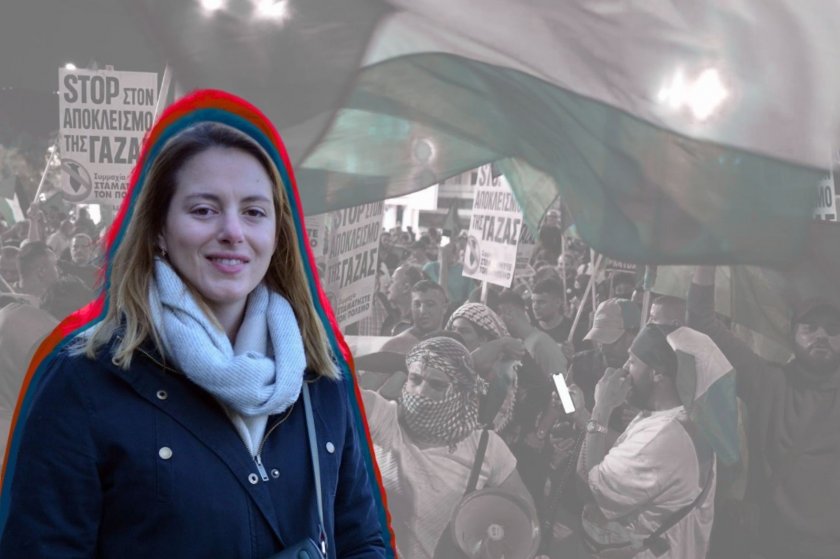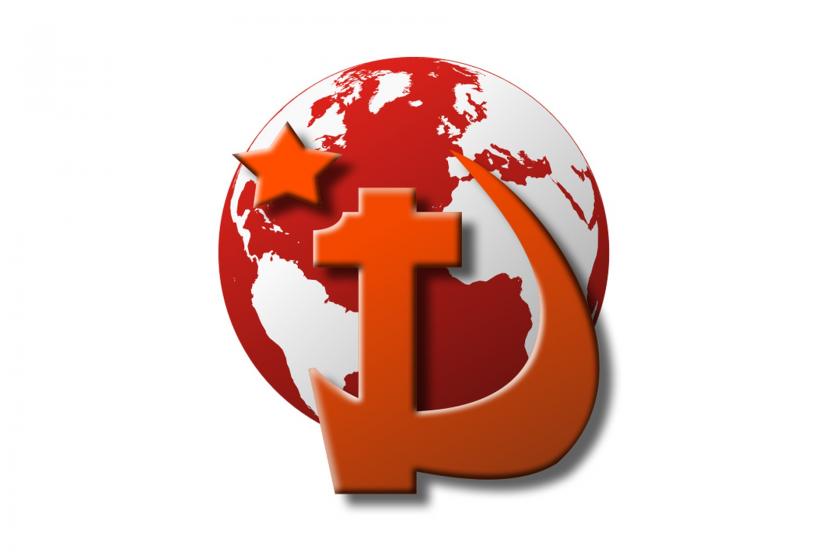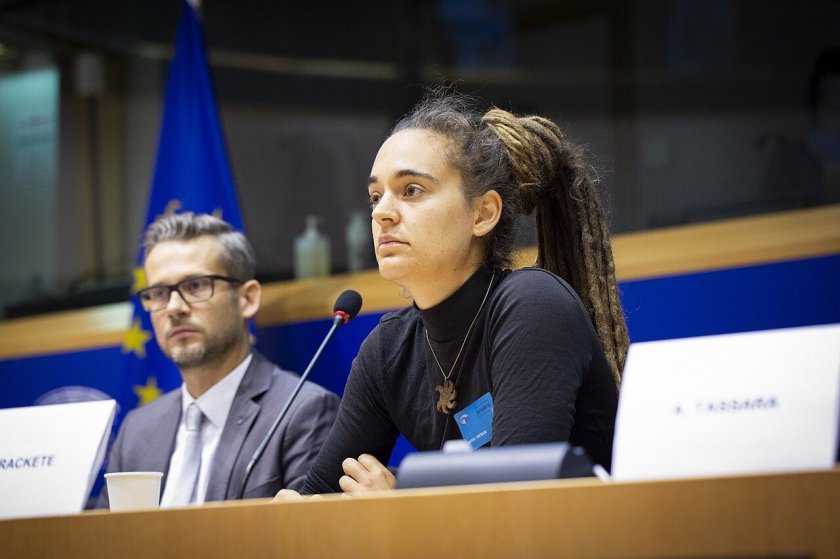A Victory Day in the shadow of enhanced dependence
Assessing the AKP’s “antiimperialist” rhetoric, Political Scientist Fatih Yaşlı said: Never mind 1922, even when compared to 17 years ago, Turkey has become far more prone to imperialist intervention.

Fotoğraf: DHA
Can Deniz ERALDEMİR
İstanbul
Assessing Turkey’s domestic and foreign political situation which AKP rule touts with the emphasis on “anti-imperialism” and “independence,” Political Scientist Assistant Professor Dr Fatih Yaşlı noted that this rhetoric, rather than corresponding to a truth, related to a ruling party strategy. Pointing to 1922 in which the Great Offensive started, Fatih Yaşlı said with reference to Turkey’s economic and political structure, “Never mind 1922, even when compared to seventeen years ago, Turkey has become far more prone to both political and economic interventions by imperialism.”
FRIEND-ENEMY STRATEGY
Making an evaluation for Evrensel on the occasion of Victory Day, Assistant Professor Dr Fatih Yaşlı said the AKP was following a strategy constructed on a friend-enemy dichotomy domestically and abroad to enable it to further its rule. Yaşlı stressed that the ruling party was engaging in this strategy in a state of what had become constant vigilance and had thereby polarized society and consolidated its own base.
Saying, “When politics is based on this dichotomy and the issue of survival is added to this, the ruling party’s survival becomes equated to Turkey’s survival,” Yaşlı pointed out that issues as a whole had been turned into a security problem through the survival rhetoric.
Pointing out that, contrary to the impression given, neither anti-imperialism nor an independence struggle was being waged, Yaşlı commented, “The AKP follows a policy with the imperialist powers focused on engaging in bargaining, raising hands and grabbing concessions and occasional non-compliance with imperialism’s interests does not amount to the ruling party following an anti-imperialist policy.”
Recalling that Turkey had become a country whose economy was racked with fragility and in which there was immense political and social polarization, Yaşlı continued, “The thing they tout as independence increases the likelihood of the country turning into a competition zone between imperialists. The ruling party is following an equilibrium policy of its own making between the USA and Russia. It periodically moves close now to the USA and then Russia. But there is a serious power imbalance between Turkey and the countries with which it is alleged to be following an equilibrium policy. We saw the most recent examples of this with events involving Russia in Idlib and the USA east of the Euphrates.”
Stressing that both arms agreements and international treaties had a direct bearing on the ruling party’s survival, Yaşlı noted that there was an attempt to use arms agreements and more generally commercial agreements as a trump card. Pointing to 1922 in which the Great Offensive started, Fatih Yaşlı said with reference to Turkey’s economic and political structure, “Never mind 1922, even when compared to seventeen years ago, Turkey has become far more prone to both political and economic interventions by imperialism.”
“THE RULING PARTY DREAMS OF BRINGING THE OTTOMAN EMPIRE BACK TO LIFE”
Stating that above all Erdoğan and Turkey’s right-wing politicians were inspired in their politics with the dream of bringing the Ottoman Empire back to life, Yaşlı remarked, “For as long as there has been AKP rule, they have tried to realize this imperial vision with the Muslim Brotherhood’s intermediation in Libya, Egypt and Syria, acting on the belief that events in the Middle East are conducive to this.” Indicating, however, that in view of the prevailing state of affairs there is today a better understanding that this will not go beyond a dream, Yaşlı went on, “Turkey’s capitalism and capital regime is umbilically connected to the West in economic and military terms. Hence, I do not think that certain ruling party-sponsored rhetoric such as leaving NATO that features in debate is realistic, either.” Stressing that such an initiative would lead to the toppling of all the columns of the order and would bring a collapse in its wake, Fatih Yaşlı said, “So, as a final resort and in desperation, since the conditions leave no other alternative, such madness may be attempted so as not to relinquish power, but this, too, will be suicide as far as the ruling party is concerned.”
(Translated by Tim DRAYTON)
{{385845}}






Follow Evrensel